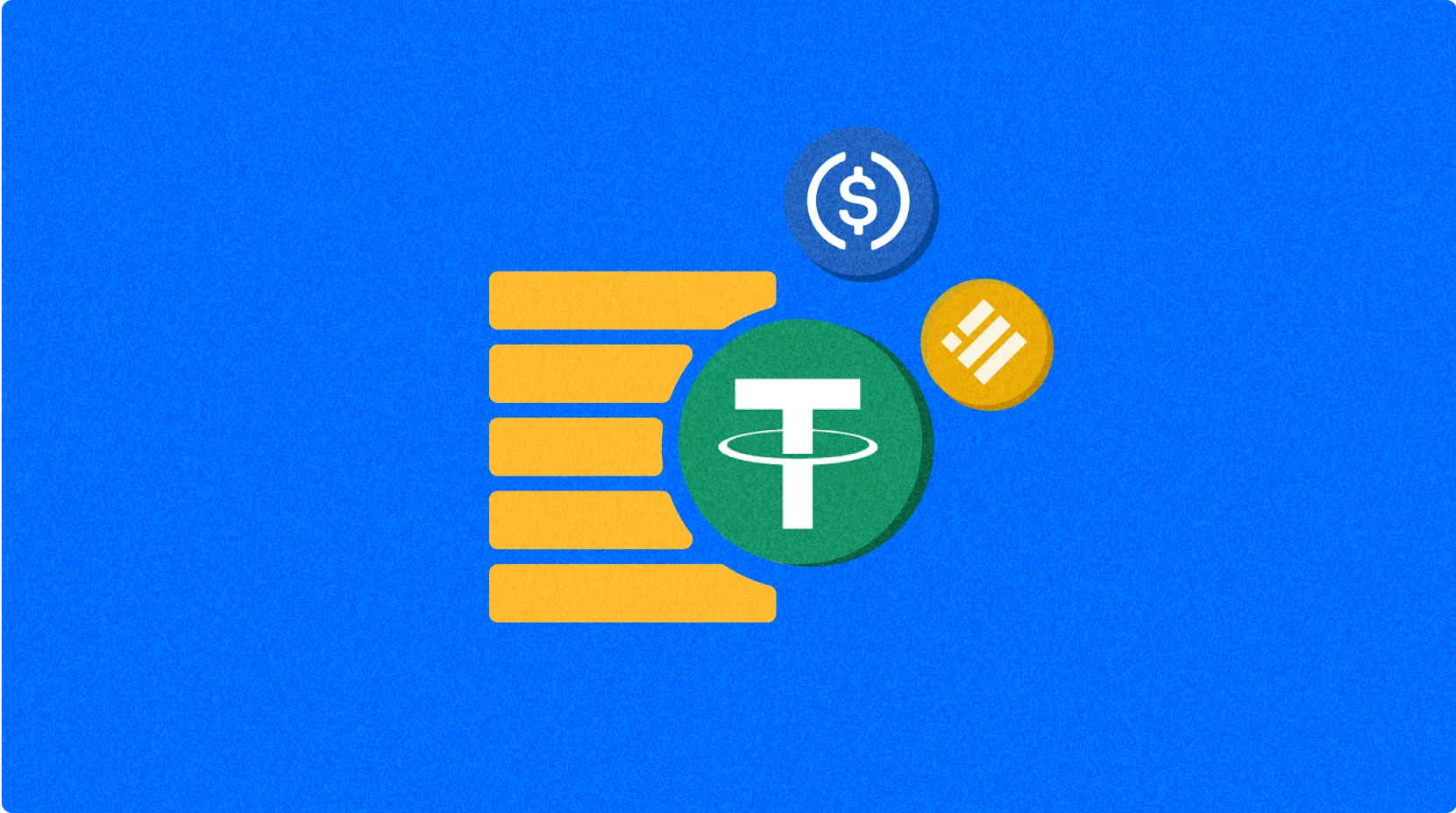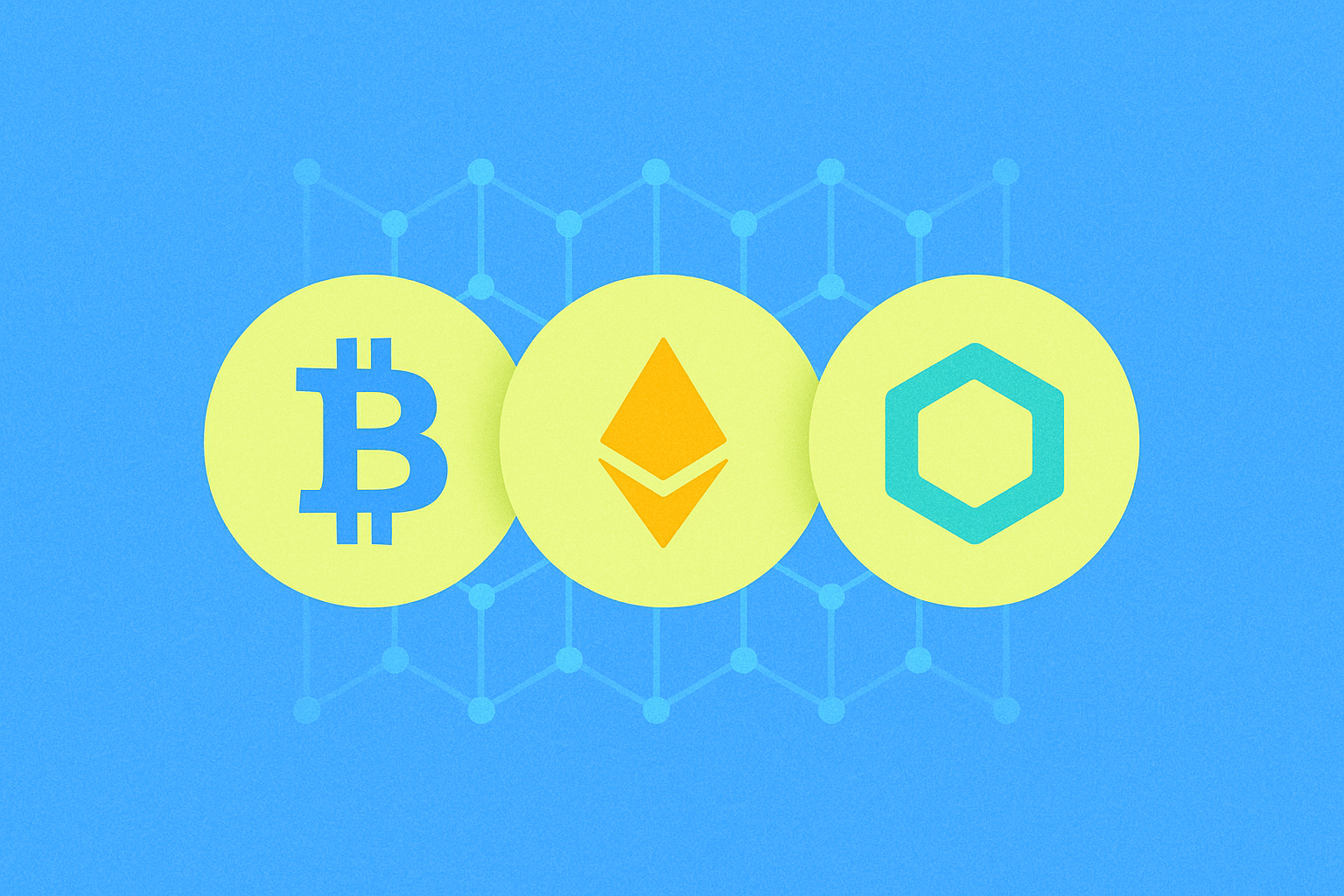EPAA Nedir: Aave, Uniswap, Lido ve Diğerleri Neden Ethereum Politika İttifakı’nı Oluşturdu

EPAA'nın Doğuşu: Ethereum Yönetiminde Yeni Dönem
Blokzincir sektöründe önemli bir gelişme olarak, yedi öncü Ethereum protokolü 2025 yılının başında Ethereum Protocol Advocacy Alliance (EPAA) adıyla birleşti. Bu ittifak, merkeziyetsiz yönetişimde önemli bir kilometre taşı olup, Aave, Uniswap ve Lido gibi ekosistemin en etkili projelerini bir araya getiriyor. EPAA'nın kurulması, Ethereum ekosisteminin olgunlaştığını ve protokollerin, blokzincir teknolojisinin temel değerlerini koruyarak giderek karmaşıklaşan düzenleyici ortamda ortak politika çalışmalarına ihtiyaç duyduğunu gösteriyor. Bu resmi koalisyon sayesinde, protokoller Ethereum'un merkeziyetsiz yapısını koruyacak politikalar için tek bir sesle savunuculuk yapıyor ve düzenleyicilerle yapıcı diyalog kuruyor. Ethereum politika ittifakının bu zamanlaması, DeFi protokollerine küresel ölçekte artan düzenleyici ilgiyle örtüşerek, blokzincir altyapısının açık yapısını tehdit edebilecek dış baskılara karşı stratejik bir yanıt oluşturuyor. Bu ittifak, rekabet halindeki projelerin, ekosistemin ortak menfaati için iş birliği yapabileceklerini gösteriyor; böylece blokzincir alanında merkeziyetsiz projelerin yönetişim ve savunuculuk yaklaşımlarında önemli bir evrimi simgeliyor.
Güçlü İsimler Bir Arada: Aave, Uniswap ve Lido'nun Stratejik Hamlesi
Aave, Uniswap, Lido ve diğer kurucu üyeler arasındaki iş birliği, genellikle piyasa payı için rekabet eden projeler arasında örneği görülmemiş bir ortaklığı temsil ediyor. Bu stratejik ittifak, toplamda milyarlarca dolarlık kilitli değere (TVL) sahip protokollerin uzmanlık ve kaynaklarını birleştiriyor. Bu kurucu üyelerin önemi, piyasa pozisyonlarına bakıldığında daha net şekilde ortaya çıkıyor:
| Protokol | Sektör | Piyasa Pozisyonu | EPAA'ya Katkısı |
|---|---|---|---|
| Aave | Kredi | $4,63B stETH arzı ile lider kredi protokolü | Kurumsal DeFi benimsemesinde uzmanlık |
| Uniswap | DEX | 2025 Ekim'de $170,9B hacim ile lider DEX | Merkeziyetsiz likidite ve piyasa yapısı deneyimi |
| Lido | Likid Staking | En büyük ETH staking protokolü | Doğrulayıcı ekonomisi ve ağ güvenliği bilgisi |
EPAA'nın kuruluşunda bu protokollerin birleşmesi, düzenleyici zorlukların bireysel değil, iş birliğine dayalı bir yaklaşımla aşılması gerektiğinin kabulünü gösteriyor. Güçlerini birleştirerek, bu protokoller politika yapıcılarla daha güçlü bir konumdan iletişim kurmayı ve eğitim, araştırma ile savunuculuk girişimleri için kaynakları paylaşmayı amaçlıyor. Bu grubun önderliğindeki blokzincir politika girişimleri, reaktif değil, proaktif şekilde tasarlanıyor; düzenlemelerin merkeziyetsiz finansal altyapının özgün özelliklerini ve faydalarını tanımasını sağlıyor. EPAA ile bu projeler, Web3 yönetişim ittifaklarının teknik koordinasyonun ötesine geçerek politika savunuculuğunu da kapsayacak şekilde gelişebileceğini gösteriyor. Gate kullanıcıları, borsanın bu protokollerin yönetişim altyapısına sorunsuz entegrasyonu sayesinde gelişen DeFi ekosisteminde katılım avantajı elde ediyor.
EPAA'nın Misyonu: Zincir Üzerinde Şeffaflık ve Kendi Varlığını Saklama Hakkı
Ethereum Protocol Advocacy Alliance'ın temelinde, blokzincir teknolojisinin ana değerlerini koruma kararlılığı yatıyor: protokol tarafsızlığı, zincir üzerinde şeffaflık ve kullanıcıların kendi varlıklarını saklama hakkı. İttifak, bu ilkeleri sağlıklı bir blokzincir ekosisteminin vazgeçilmez unsurları olarak tanımlıyor ve düzenleyici çerçevelerin bu özellikleri tanıyıp koruması için çalışıyor. EPAA'nın Ethereum protokol savunuculuğundaki yaklaşımı, politika yapıcılarla eğitim ve iş birliğine öncelik vererek daha ayrıntılı düzenleyici yaklaşımlar için teknik bilgi ve pratik içgörü sunuyor. İttifak, zincir üzerindeki şeffaf verilerin geleneksel finansal raporlamaya üstün bir alternatif olduğunu savunuyor ve blokzincir teknolojisinin açık mimarisiyle piyasa manipülasyonu ve tüketici koruması gibi düzenleyici endişeleri doğrudan adreslediğini gösteriyor. Grup, kullanıcıların aracı olmadan varlıklarını doğrudan kontrol etme hakkını korumak için aktif şekilde çalışıyor; kendi varlığını saklama hakkının korunması gereken temel bir yenilik olduğunu vurguluyor. Bu tutum, geleneksel bankacılık sistemlerinin defalarca zafiyet ve sınırlama gösterdiği bir dünyada finansal egemenliğe yönelik artan tüketici talebiyle uyumlu. EPAA, ortak araştırmalar, teknik dokümantasyon ve düzenleyicilerle doğrudan etkileşim yoluyla, merkeziyetsiz protokollerin nasıl çalıştığını ve sağladığı değeri net şekilde ortaya koyan kaynaklar üretiyor; teknolojiye aşina olunmamasından doğan yanlış anlamaları ortadan kaldırıyor.
Geleceği Şekillendirmek: EPAA'nın DeFi ve Web3 Ekosistemine Etkisi
Ethereum Protocol Advocacy Alliance'ın hayata geçmesi, DeFi ekosisteminde yeni bir stratejik iş birliği dönemini başlattı; daha önce bağımsız hareket eden projeler arasında koordinasyonu teşvik ediyor. Bu iş birliği, politika alanının ötesine geçerek teknik standartlar ve birlikte çalışabilirlik çözümlerine uzanıyor; bu sayede geliştiriciler ve kullanıcılar için daha bütünleşik bir ekosistem sunuluyor. İttifakın etkisi, birçok ülkede düzenleyicilerin EPAA temsilcileriyle görüşmelerinin ardından DeFi projelerinde daha ayrıntılı yaklaşım benimsemesiyle somut politika sonuçları olarak kendini gösterdi. Piyasa verileri, bu birleşik yaklaşımın olumlu etkisini destekliyor; ittifakın kuruluşundan bu yana üye protokollerde kurumsal yatırım %27 artarken düzenleyici belirsizlik azaldı. EPAA'nın çalışmaları, Web3 sektörünün karmaşık yönetişim zorluklarını bireysel değil, kolektif hareketle çözmeye doğru olgunlaştığını gösteriyor. Politika yapıcılarla net iletişim kanalları kurarak ve düzenleyici sorulara tutarlı, teknik içerikli yanıtlar vererek, ittifak aşırı sınırlayıcı politikaların bilgi eksikliğinden kaynaklanmasını engelliyor. Bu koordineli savunuculuk yaklaşımı, diğer blokzincir ekosistemlerinde benzer girişimleri teşvik etti; EPAA modeli, merkeziyetsiz projelerin geleneksel düzenleyici yapılarla etkileşiminde bir örnek haline gelebilir. Gate ise EPAA üyesi tüm protokollere güçlü alım-satım ve staking desteği sunmayı sürdürerek, kullanıcıların merkeziyetsiz finansın geleceğini şekillendiren bu yenilikçilere sorunsuz erişimini sağlıyor.

KP3R Nedir: Ethereum Akıllı Sözleşmeleri İçin Merkeziyetsiz İş Pazaryerine Yakından Bakış

KP3R nedir: Ethereum geliştiricilerine yönelik merkeziyetsiz iş piyasasını inceleme

GITCOIN nedir: Merkeziyetsiz hibeler aracılığıyla açık kaynak fonlamasını dönüştürmek

KP3R nedir: Keeper Network’ün merkeziyetsiz iş piyasasını keşfetmek

Merkeziyetsiz Otonom Organizasyonları (DAO’lar) Hakkında Bilgi Edinmek

Ethereum Adlandırma Servisinde ENS Alan Adlarının Anlamı ve Rolleri

BNB Quiz Ödülleri Hakkında Kapsamlı Rehber

Yeni başlayanlar için en iyi otomatik kripto alım satım botu rehberi

Ethereum Blockchain’in Evrimi: Shanghai Yükseltmesinin Etkileri







